
An alumnus in space
University of Rochester alumnus Josh Cassada ’00 (PhD) has been named one of nine NASA astronauts making up the first U.S. crew in history to journey to space in American-made, commercial spacecraft. Cassada would be the third Rochester alumnus to go to space, joining Jim Pawelczyk ’82 and Ed Gibson ’59.

Ultimate vacuum chamber creates nothing
The concept of nothingness is the subject of everything from children’s books to philosophical debate. In the universe, however, is nothing ever possible? How have scientists, philosophers, and mathematicians thought about the concept of nothing throughout history and up to the present?
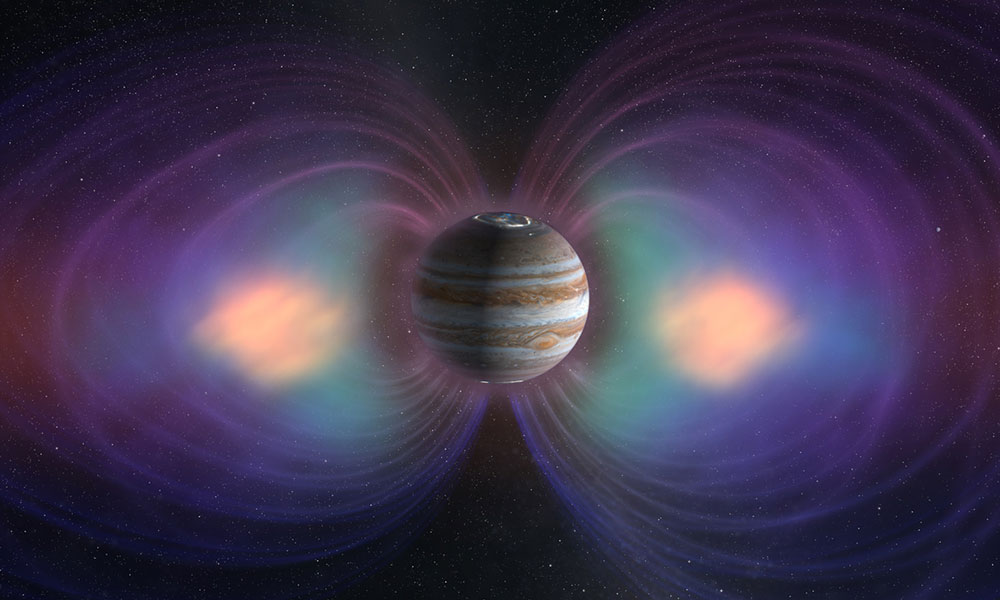
Researchers unravel more mysteries of metallic hydrogen
Liquid metallic hydrogen is not present naturally on Earth and has only been created in a handful of places, including the University of Rochester’s Laboratory for Laser Energetics. LLE scientists are researching the properties of liquid metallic hyrdrogen to understand how planets both inside and outside our solar system form magnetic shields.

Alien apocalypse: Can any civilization make it through climate change?
Does the universe contain planets with truly sustainable civilizations? Or does every civilization that may have arisen in the cosmos last only a few centuries before it falls to the climate change it triggers? Rochester astrophysicist Adam Frank and his collaborators have developed a mathematical model to illustrate how a technologically advanced population and its planet might develop together, putting climate change in a cosmic context.
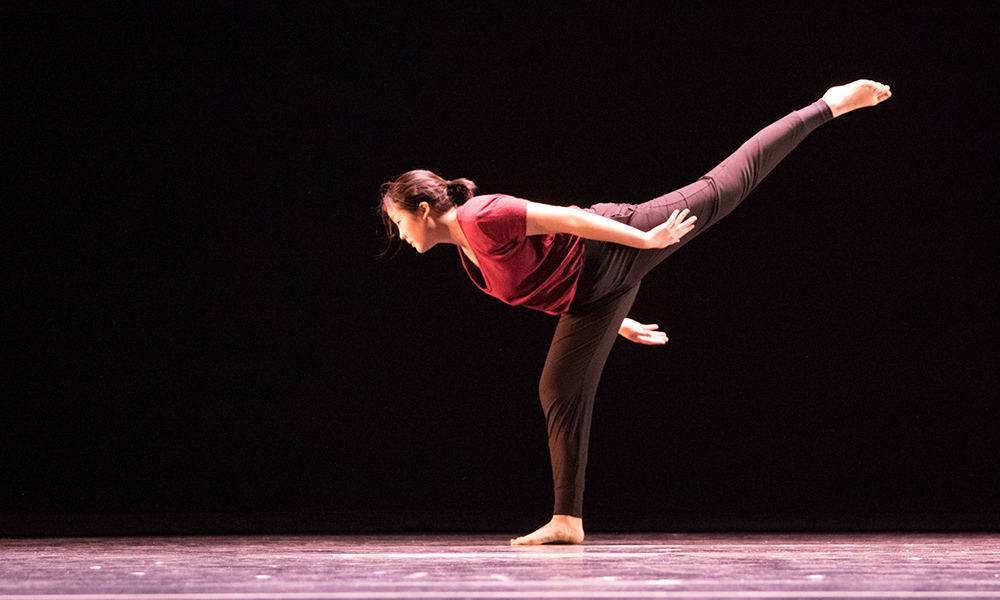
Understanding the biology of grief through dance
Erin Dong ’18 didn’t start dancing until she came to college. Now as she graduates with a double major in biology and dance, she is combining her two fields to explore how the body experiences both the emotional and physical aspects of grieving.
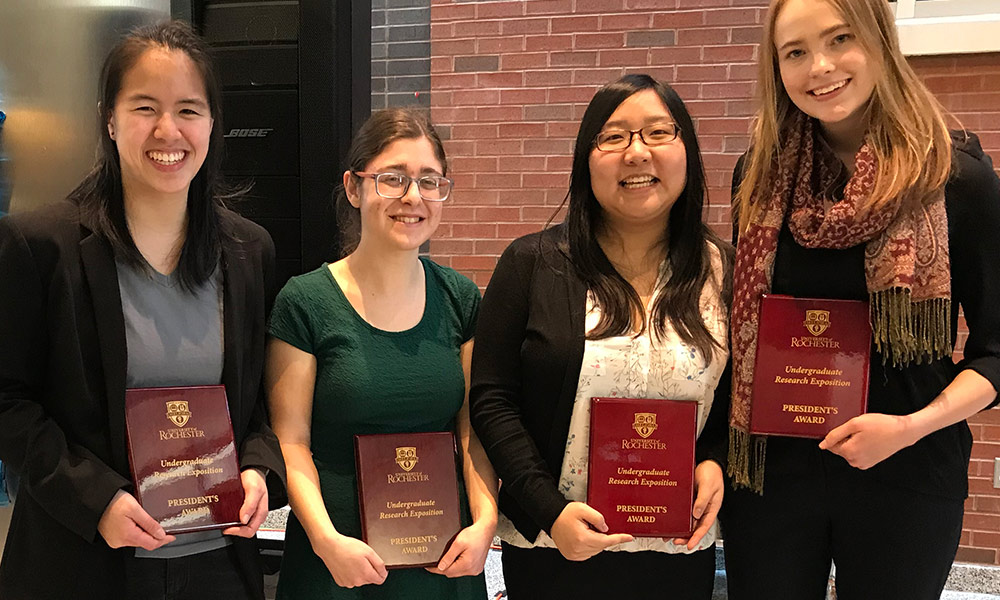
‘Groundbreaking and transformative’ work at Undergraduate Research Expo
“It’s students crossing boundaries between disciplines, asking questions, and coming up with innovative and exciting answers to the challenges that face us in the contemporary world.”
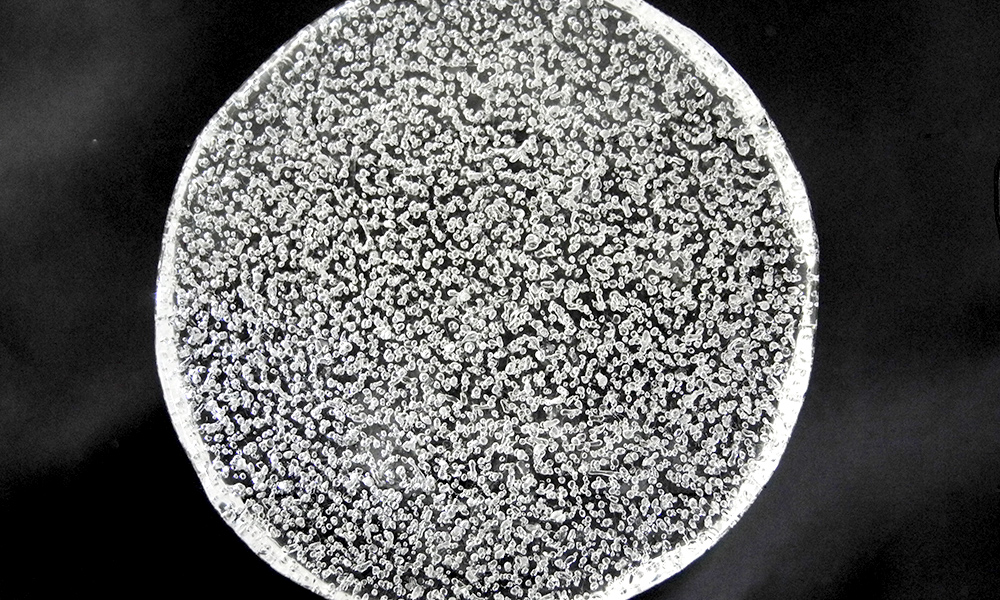
Why does ice make that sound?
What began as a “silly pastime” of tossing ice chunks down a borehole in Taylor Glacier, Antarctica, has led to a video with more than 8 million views and a collaboration between an acoustics expert and a climate scientist.

Tiny microenvironments hold clues to ocean nitrogen cycle
A new Rochester study shows that nitrogen-feeding organisms exist all over the deep ocean, and not just in large oxygen-depleted “dead zones,” changing the way we think about the delicate nitrogen cycle.
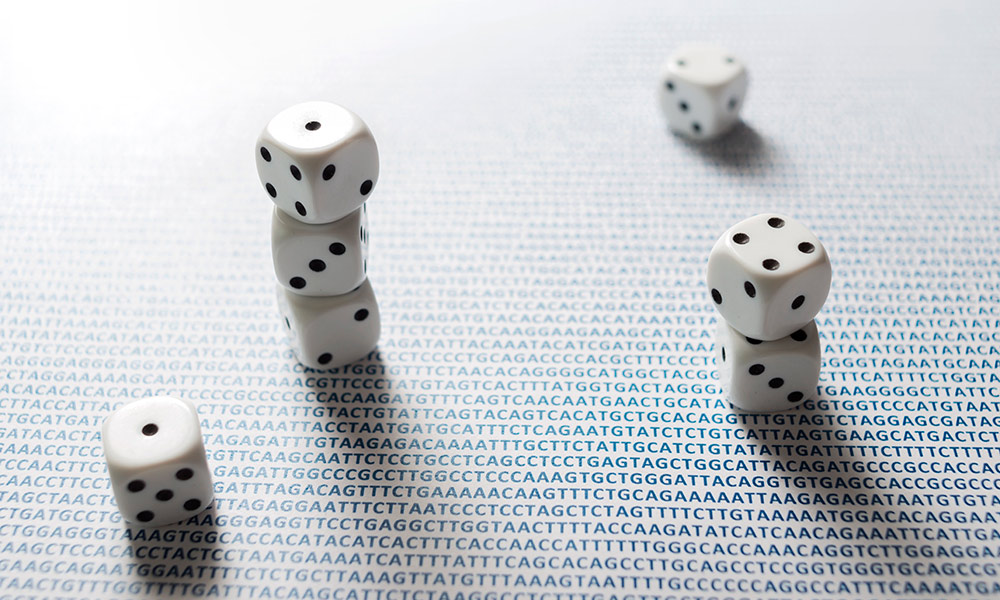
Scientists discover gene controlling genetic recombination rates
Some species have evolved to display far more genetic crossover than others—and scientists have discovered a gene in fruit flies that is responsible for the evolution of these recombination rates.
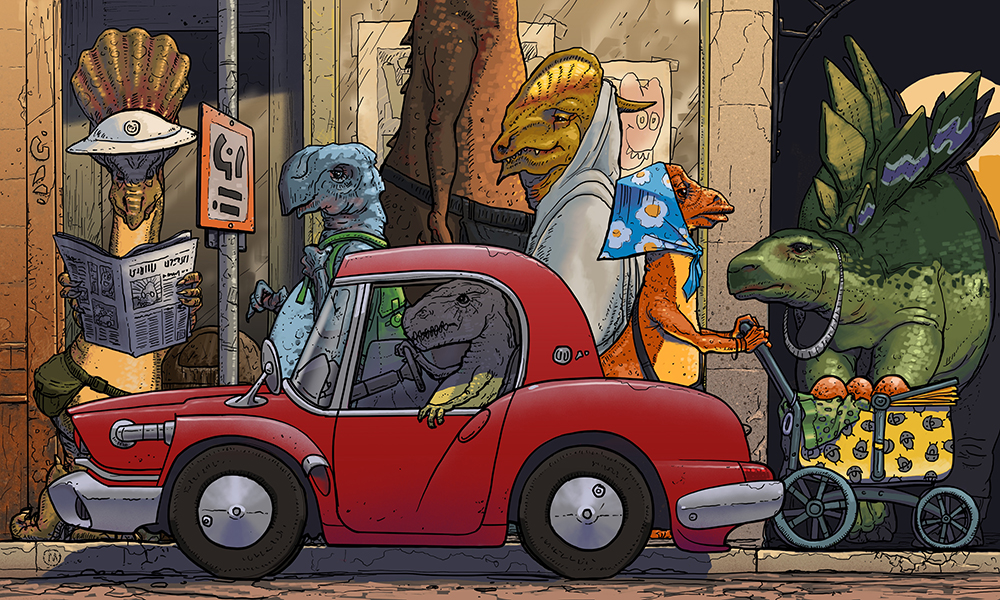
We think we’re the first advanced earthlings—but how do we really know?
Imagine if, many millions of years ago, dinosaurs drove cars through cities of mile-high buildings. A preposterous idea, right? In a compelling thought experiment, professor of physics and astronomy Adam Frank and director of the NASA Goddard Institute for Space Studies Gavin Schmidt wonder how we would truly know if there were a past civilization so advanced that it left little or no trace of its impact on the planet.

